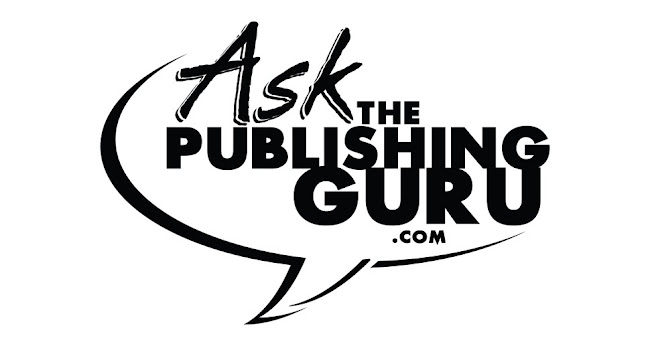John Cooker, the author of the political satire, Cure for Democracy, is a friend and client. He has decided to try making the Kindle version of his book available for free this weekend only to get the word out. If you don't have a Kindle, you can download the Kindle application on your PC or smartphone and try it. You can find the Kindle version here: http://www.amazon.com/CURE-
Cure Your Democracy – The Political Guide of The Future
New, must-have book is the most spot on political review of the decade!
(FAIRPLAY, MARYLAND) – As partisan passions between Conservatives and Liberals grow ever more heated under America’s current political climate - further intensifying global warming - the rancor of debate becomes more foul and divisive. John Cooker, author of the new book Cure Your Democracy: The Infection, Spread and Treatment of Contagious Opinions, has discovered how to defuse the tension: with satirical humor.
Extreme partisanship can seem at times like some sort of infection of irrationality. This is exactly what Cooker discovers that is infecting both parties. The infection is viral and is being spread by politicians and pundits!
Cure Your Democracy satirizes both camps of the finger pointing, bumper sticker mentality, while offering thought provoking vantage points to view them.
If you are tired of the partisan arguing in our great country, this book is guaranteed to lift you to higher ground and make you LOL!
What people are saying about Cure Your Democracy:
“As this hilarious book proves, even when it comes to politics, laughter is the best medicine.” - Jim Barnes, Editor, www.IndependentPublisher.com
“A perfect book that offers everything one needs to know about how to avoid these viruses and perhaps find a cure. Isn’t it always ironic that comedians are the ones who actually have the answers?” Feathered Quill Reviews
About the author: John Cooker is a partner in a real estate development LLC and writes occasionally when inspired. His earlier novel, The Gelwick Faxes, is a terrorist thriller written the year before and presaging the terrible events of 9/11. In dire need, after living through the recent years of constipated political partisanship, he became inspired to react with the most powerful medicine: humor. In an effort to cheer himself and his friends up he wrote Cure Your Democracy.
Learn more at http://www.cureyourdemocracy.com.
Title: Cure Your Democracy: The Infection, Spread and Treatment of Contagious Opinions
Author: John Cooker
Genre: Politics & Humor
ISBN: 978-0-9835724-0-4
Publication Date: June 2011
Pages: 266
Price: $9.99 (paperback), $5.99 (Kindle)
Publisher: Spin Doctor Press
###





